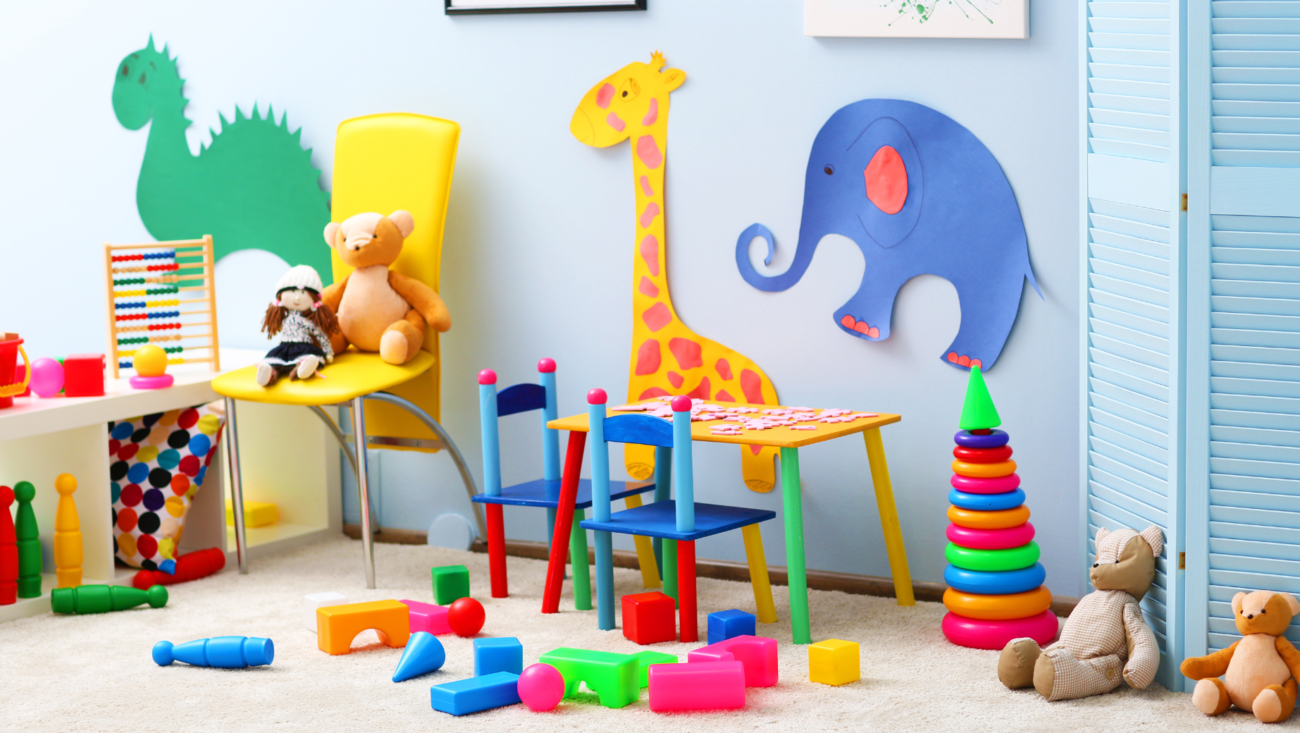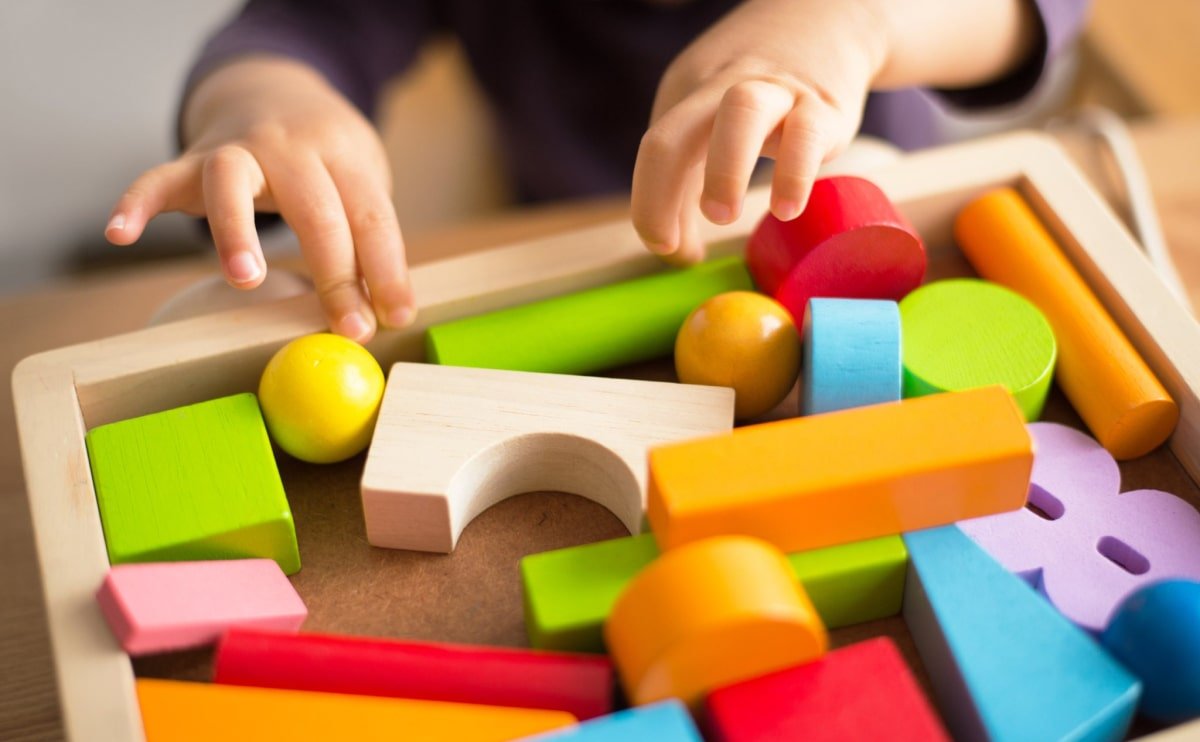Play is not just a fun activity for children; it is a critical component of their development. Through play, children learn essential life skills that help them navigate their world, develop their personalities, and prepare for adulthood. This article explores the valuable life skills that children can learn through various types of play.
1. Social Skills
One of the most significant benefits of play is the development of social skills. When children engage in group play, they learn how to communicate, share, cooperate, and resolve conflicts. These interactions teach them the basics of social behavior, such as taking turns, understanding others' perspectives, and practicing empathy. Research from the National Institute for Play highlights the importance of play in developing social competence and emotional intelligence .
2. Language and Communication Skills
Play provides a natural context for language development. Through storytelling, role-playing, and interacting with peers and adults, children expand their vocabulary and improve their communication skills. They learn to articulate their thoughts, listen actively, and understand non-verbal cues. The American Speech-Language-Hearing Association emphasizes that play is a critical context for language learning .
3. Cognitive Skills and Problem-Solving
Play stimulates cognitive development by encouraging children to think, reason, and solve problems. Puzzles, building blocks, and strategy games require children to plan, strategize, and execute solutions, enhancing their cognitive abilities and critical thinking skills. The Harvard Graduate School of Education notes that play activities promote higher-order thinking and problem-solving skills .
4. Creativity and Imagination
Through imaginative play, children develop creativity and innovative thinking. Activities such as drawing, storytelling, and pretend play allow children to express themselves creatively and explore new ideas. This type of play fosters an environment where children feel free to invent, experiment, and explore, which is crucial for cognitive and emotional growth.
The University of Cambridge highlights the link between imaginative play and enhanced creativity in children .
5. Physical Development
Physical play, including activities like running, climbing, and playing sports, is vital for children's physical development. It helps build motor skills, coordination, strength, and overall fitness. Fine motor skills are developed through activities like drawing, cutting, and manipulating small objects. According to the National Association for the Education of Young Children, physical play is essential for healthy growth and development .
6. Emotional Regulation and Resilience
Play is an important outlet for children to express and manage their emotions. It provides a safe space for them to explore feelings such as joy, frustration, anger, and fear. Through play, children learn to cope with their emotions, build resilience, and develop healthy emotional regulation strategies. The Child Mind Institute underscores the role of play in emotional development and resilience .


7. Independence and Confidence
When children engage in independent play, they learn to make decisions, solve problems on their own, and develop a sense of competence and confidence. Independent play encourages children to trust their instincts, take risks, and learn from their mistakes. The National Institutes of Health highlights the importance of independent play in fostering self-reliance and confidence in children .
8. Executive Function Skills
Play helps in developing executive function skills such as planning, organizing, and managing time. Games that require following rules, setting goals, and working towards objectives help children practice these skills in a fun and engaging way. The Center on the Developing Child at Harvard University points out that play is crucial for the development of executive function and self-regulation skills .
Conclusion
In conclusion, play is a fundamental aspect of childhood that contributes significantly to the development of various life skills. From enhancing social and communication skills to fostering creativity, problem-solving abilities, and emotional resilience, play provides children with the tools they need to navigate the complexities of life. By encouraging and facilitating diverse play experiences, parents and educators can support the holistic development of children and prepare them for future success.


For further reading on the importance of play in child development, consider exploring these sources:
- National Institute for Play: The Science of Play
- American Speech-Language-Hearing Association: Play and Language
- Harvard Graduate School of Education: The Role of Play in Learning
- University of Cambridge: The Importance of Play in Children's Development
- National Association for the Education of Young Children: Why Play is Important
- Child Mind Institute: Play Therapy
- National Institutes of Health: The Importance of Play in Promoting Healthy Child Development and Maintaining Strong Parent-Child Bonds
- Center on the Developing Child at Harvard University: Executive Function and Self-Regulation
By integrating play into daily routines and providing a variety of educational toys, we can significantly enhance children's developmental outcomes and set them on a path to a bright and successful future.













